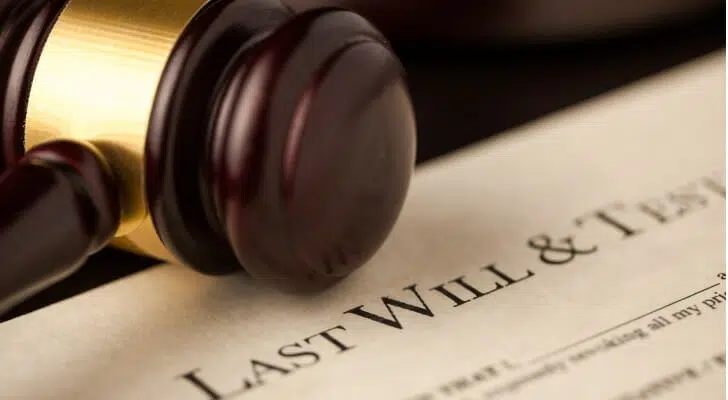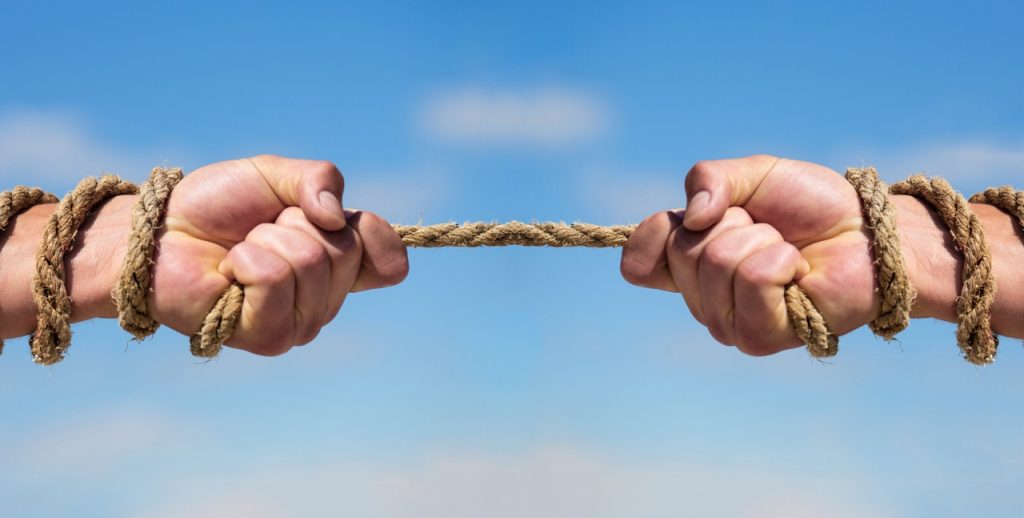Are you planning on travelling overseas? Do you have estate planning documents in place?
Are your estate planning arrangements current?
With the borders now open and people travelling overseas, it is important to ensure that your Will is
up to date and your estate planning documents reflect your current wishes.
Often there have been significant changes in a person’s family situation after their Will is made.
Unless they regularly review and update their estate planning documents, their estate plan may not
reflect their current wishes.
It is important that you don’t leave these kinds of issues to the last minute. Careful consideration
needs to be given to your estate planning requirements. Otherwise, your wishes may not be taken into
account when you die.
If you die without a Will, the legislation sets out who is entitled to receive your estate.
In New South Wales, the intestacy provisions are set out in chapter 4 of the Succession Act 2006 (NSW).
If you have a spouse or de-facto partner at the time of your death and children from that relationship,
then your spouse or de-facto partner is entitled to the whole of your estate.
If you have a spouse and children from a different relationship, then your spouse is entitled to the
following:
1. A statutory legacy;
2. Your personal effects;
3. Half of the remainder of the estate.
All of your children are entitled to the other half of your estate, in equal shares. The definition of
children does not include step-children, but it does include adopted children.
If you have more than one spouse (for example if you are married and have a de-facto partner at the
same time), then your spouses are entitled to your estate in equal shares.
If you do not have a spouse or de-facto partner at the time of your death, then your children are
entitled to an equal share of your estate. If one or more of your children has died before you, then
their children (that is, your grandchildren) are entitled to their parent’s share.
If you had no spouse, de-facto partner, children or grandchildren, then the following persons are
entitled to your estate (in this order):-
- Your parents;
- Your siblings;
- Your nieces and nephews;
- Your grandparents;
- Your aunts and uncles;
- Your first cousins.
However, if you die leaving no person entitled to your estate, then the State government is
entitled to it.
In circumstances when two people die at the same time and the timing of death cannot be determined,
then the elder is presumed to have died first.
We recommend that our clients regularly review their Wills and Enduring Documents, for example their
Powers of Attorneys and their Appointments of Enduring Guardian documents.
If you require assistance with updating your Will or Enduring Documents, please call our estate planning
team on (02) 9101 7000. We are able to discuss your particular needs and tailor your estate plan to your
specific situation.
More on Wills



